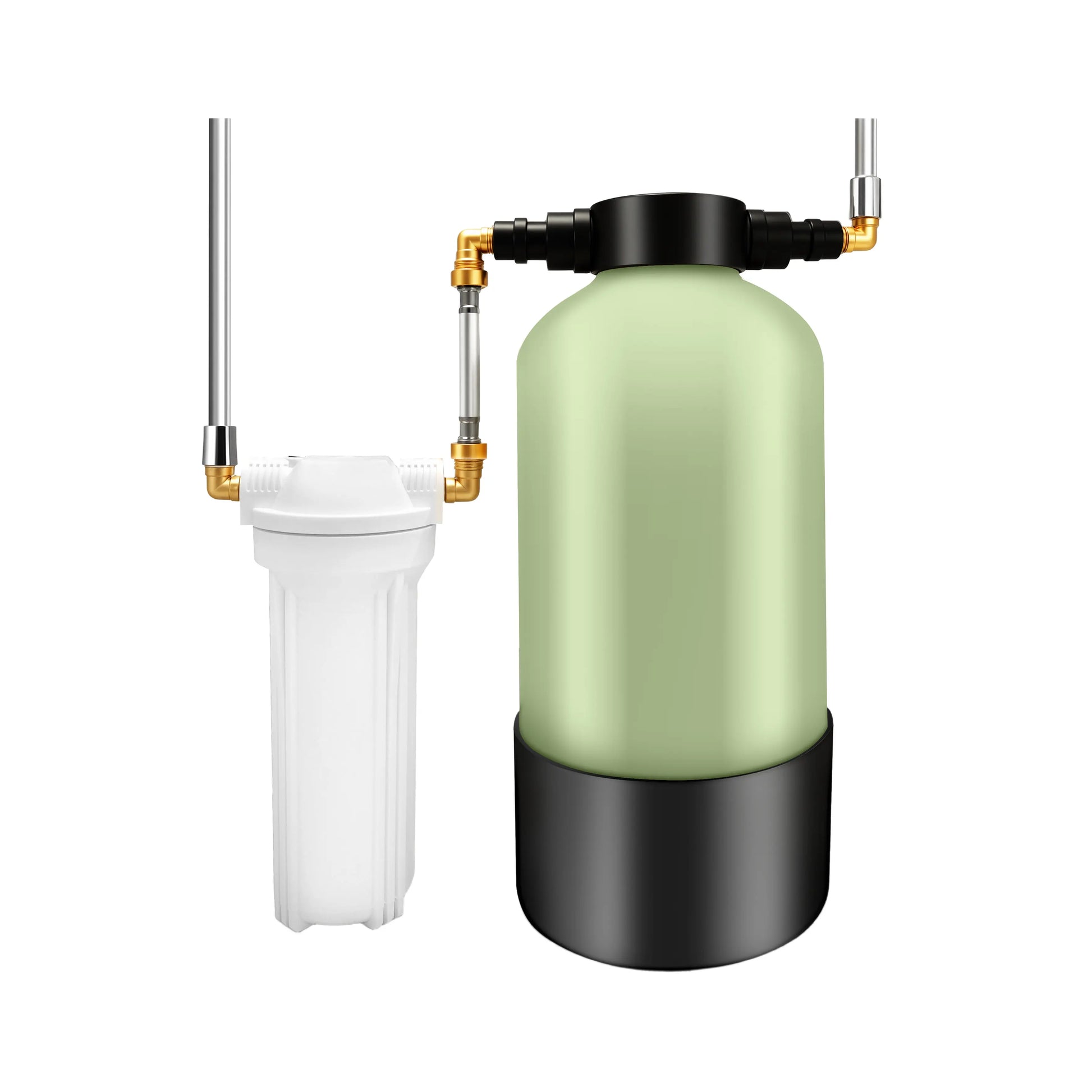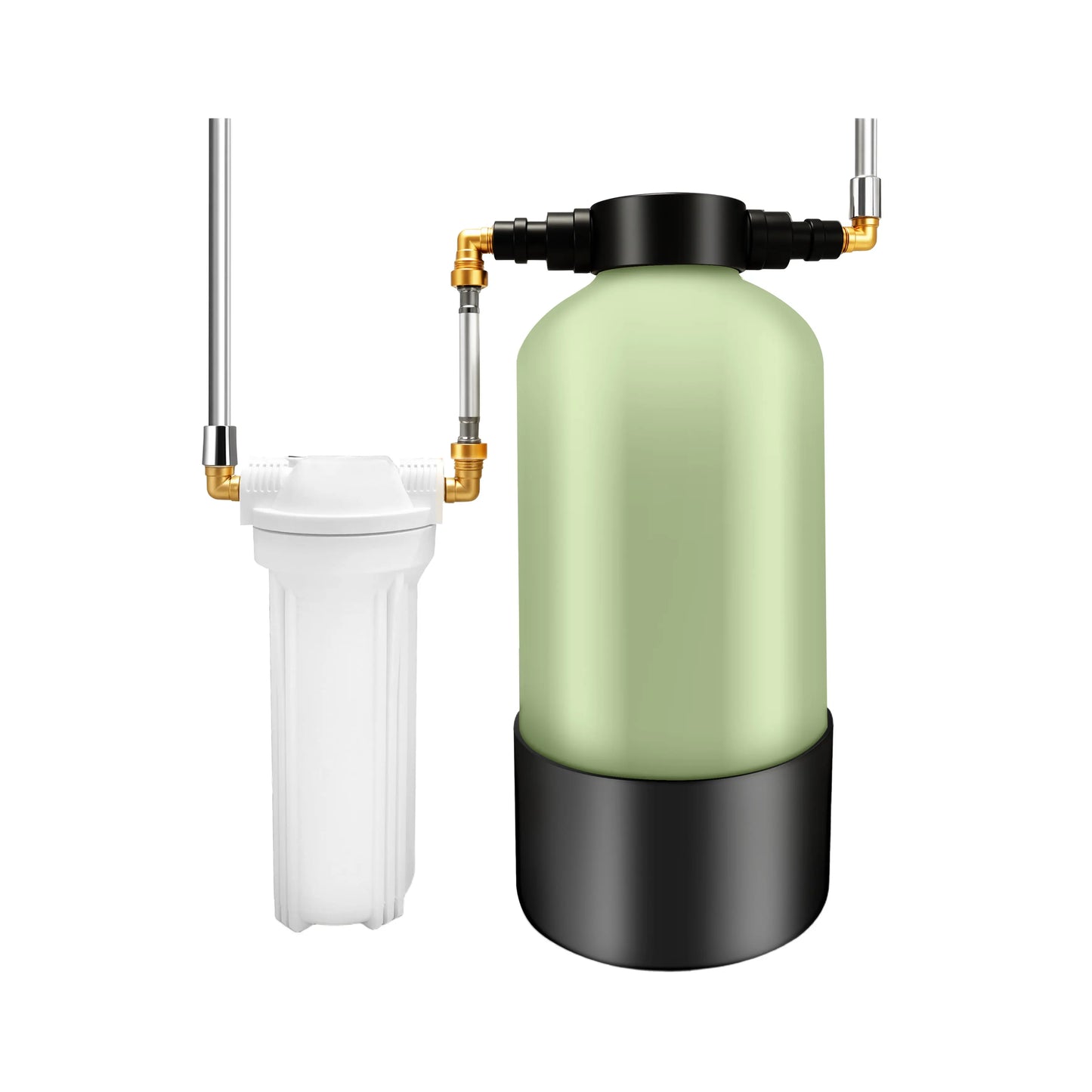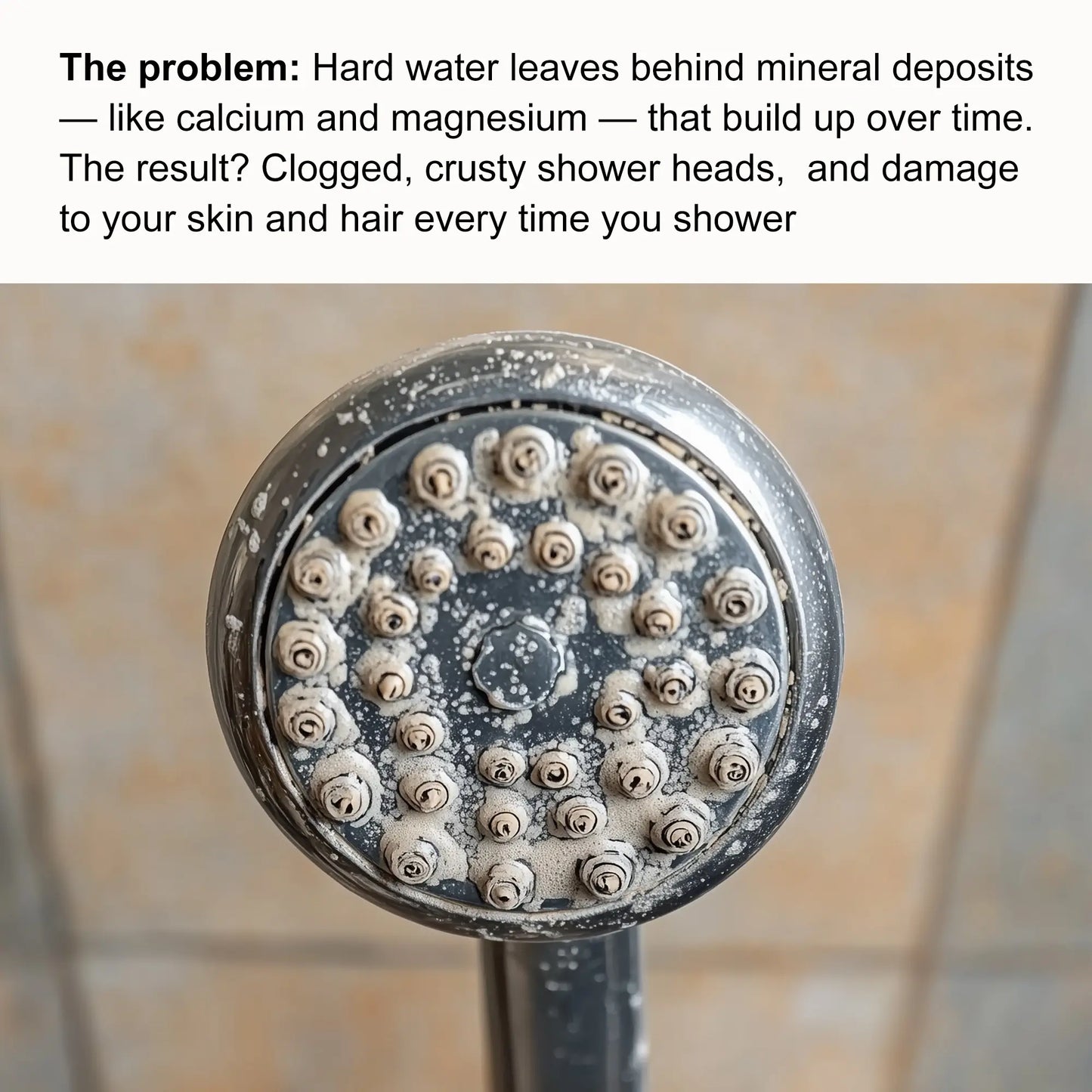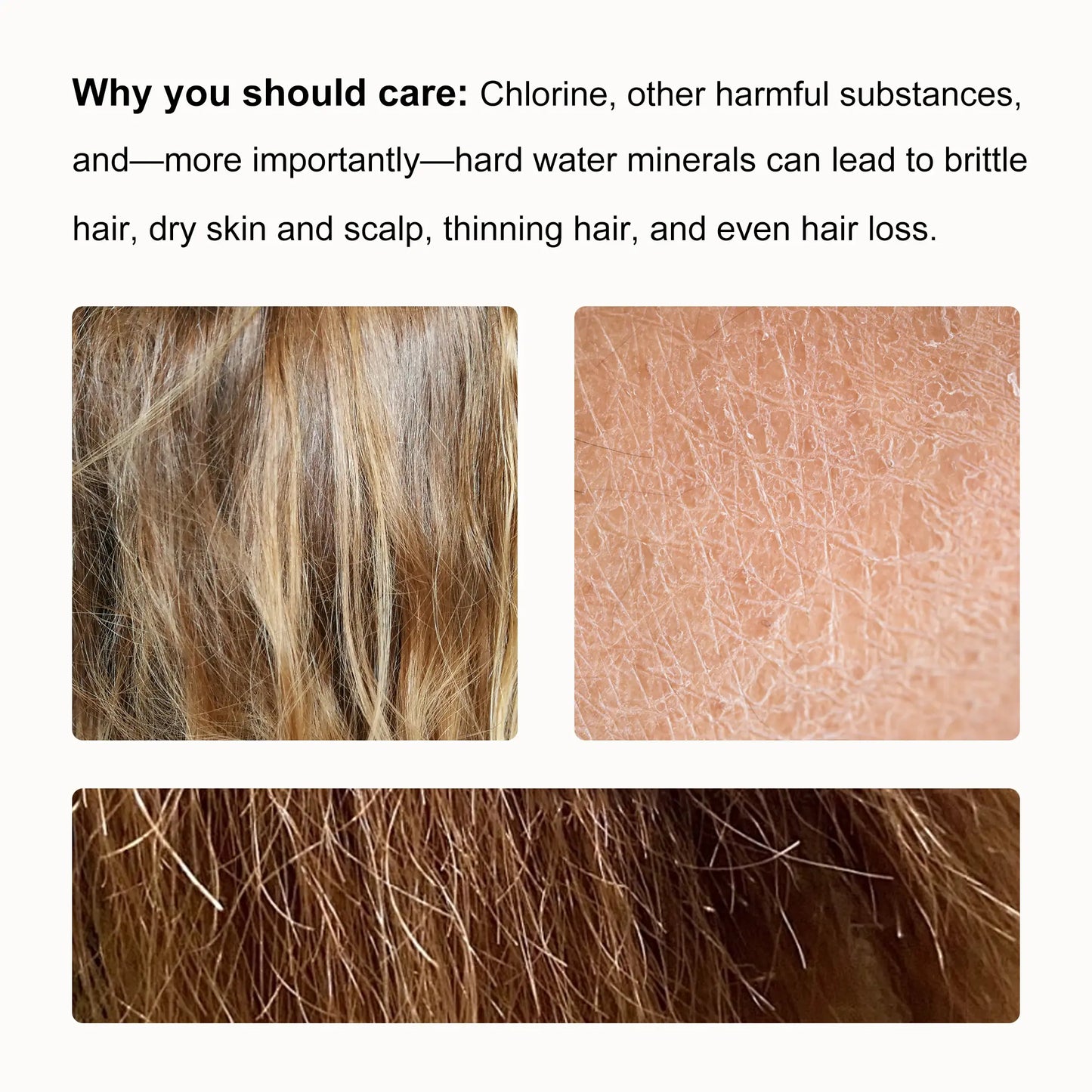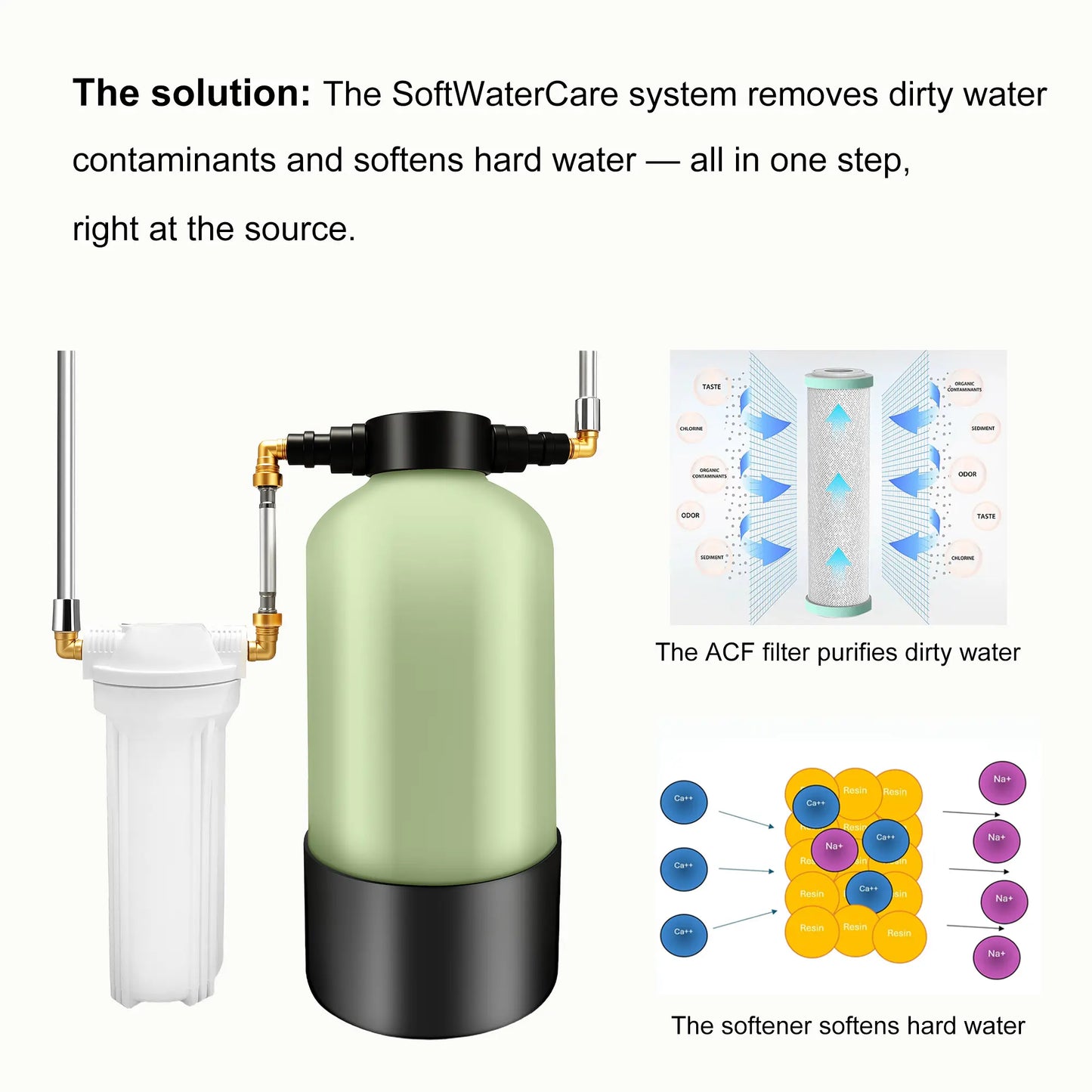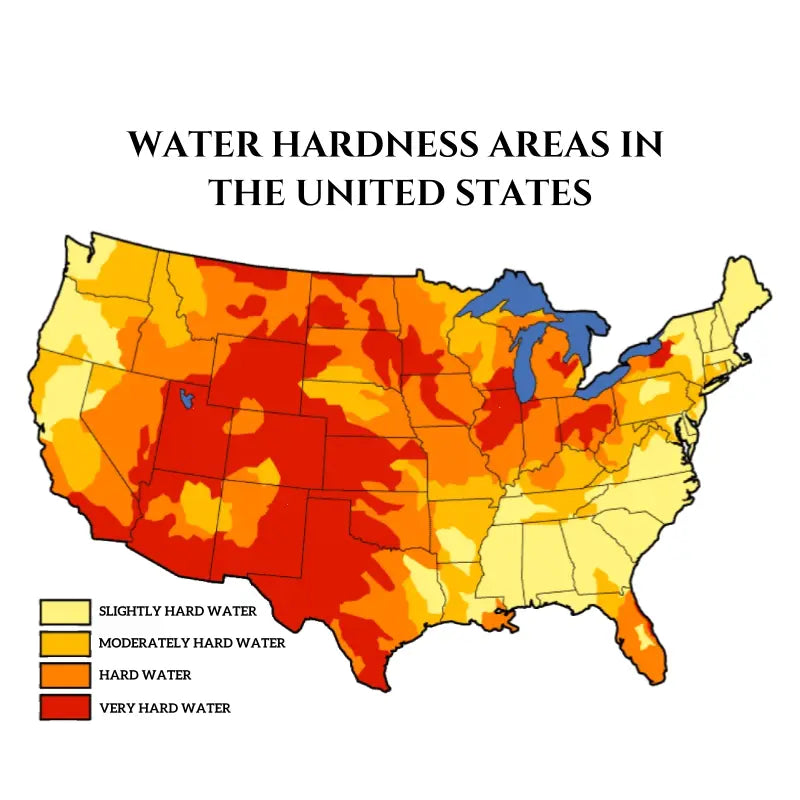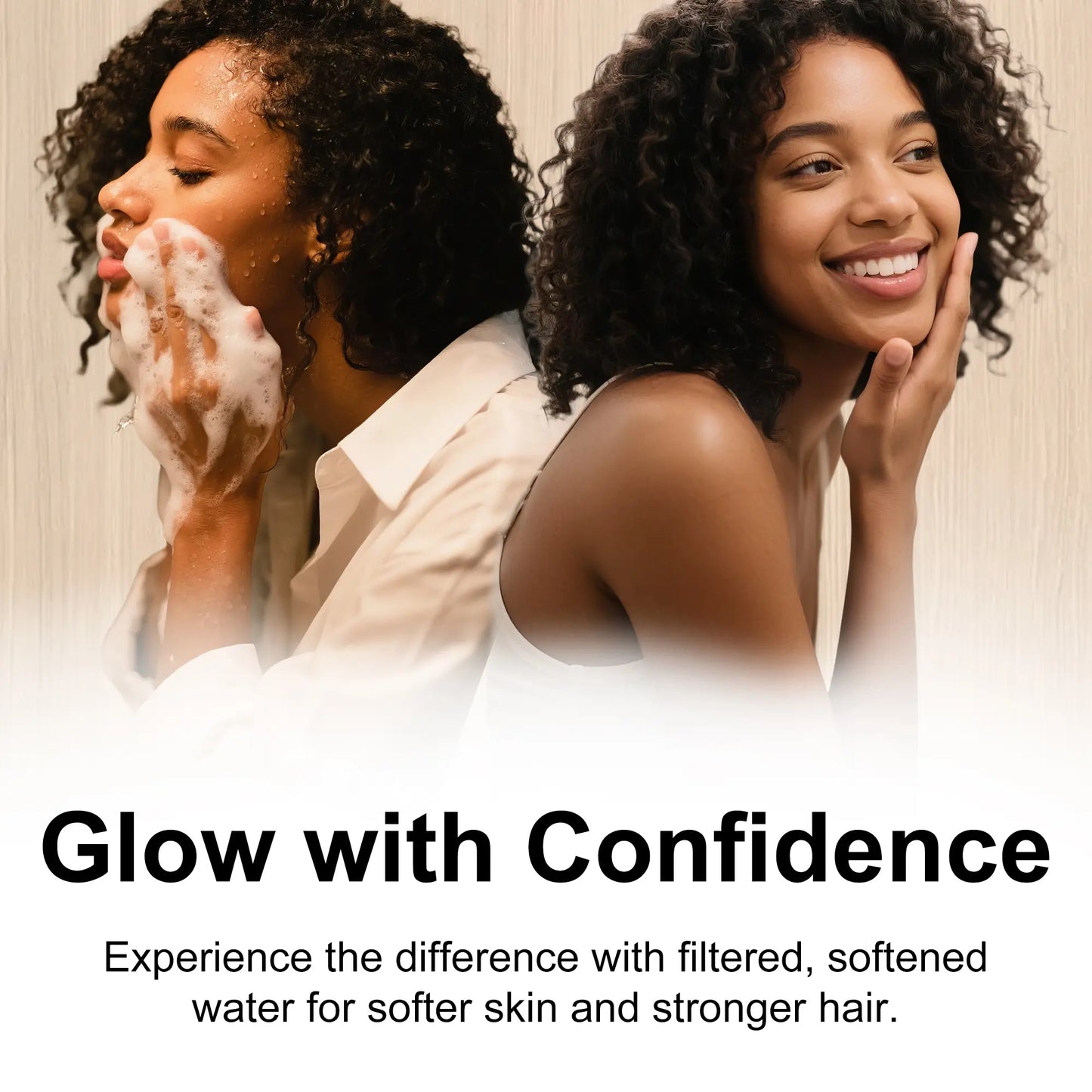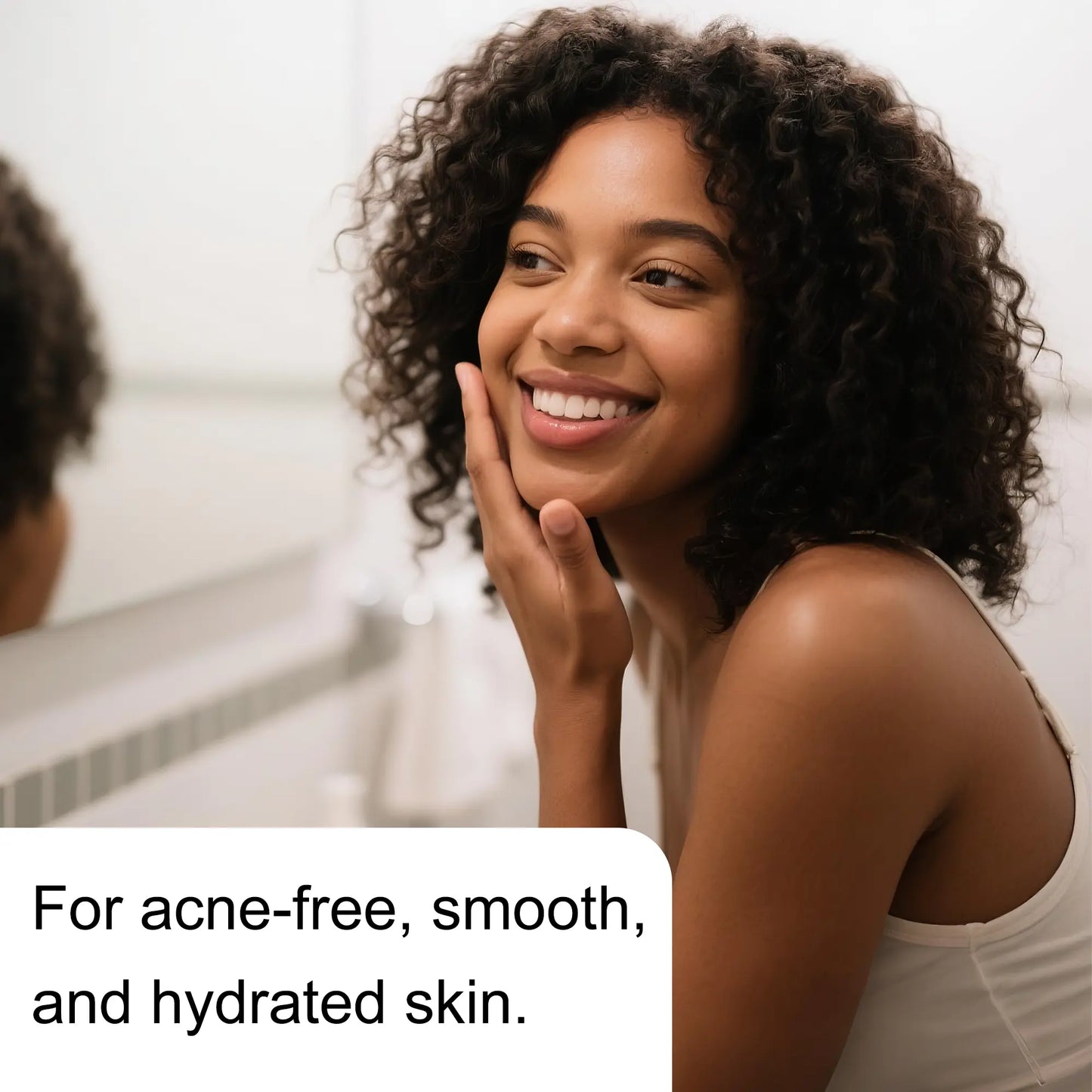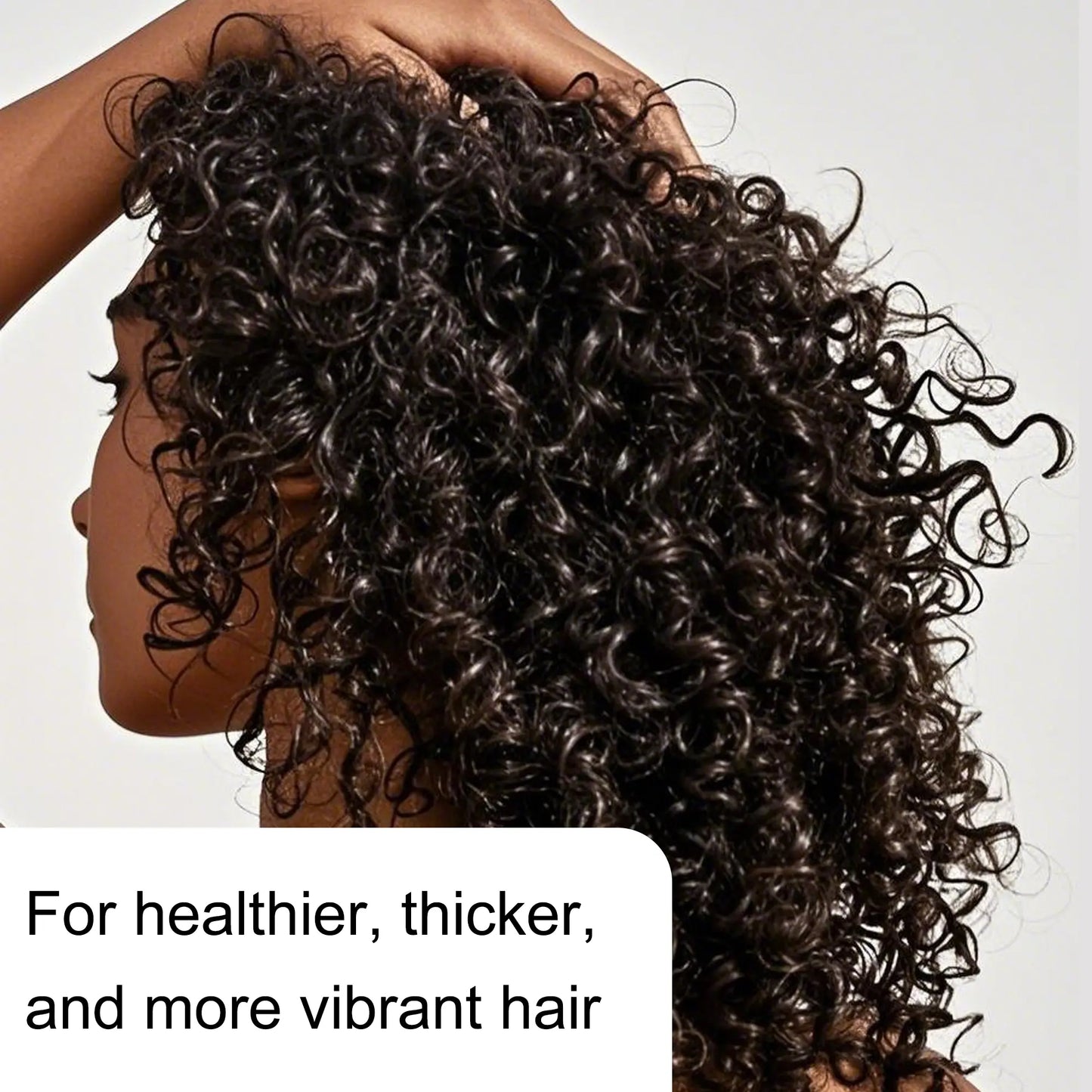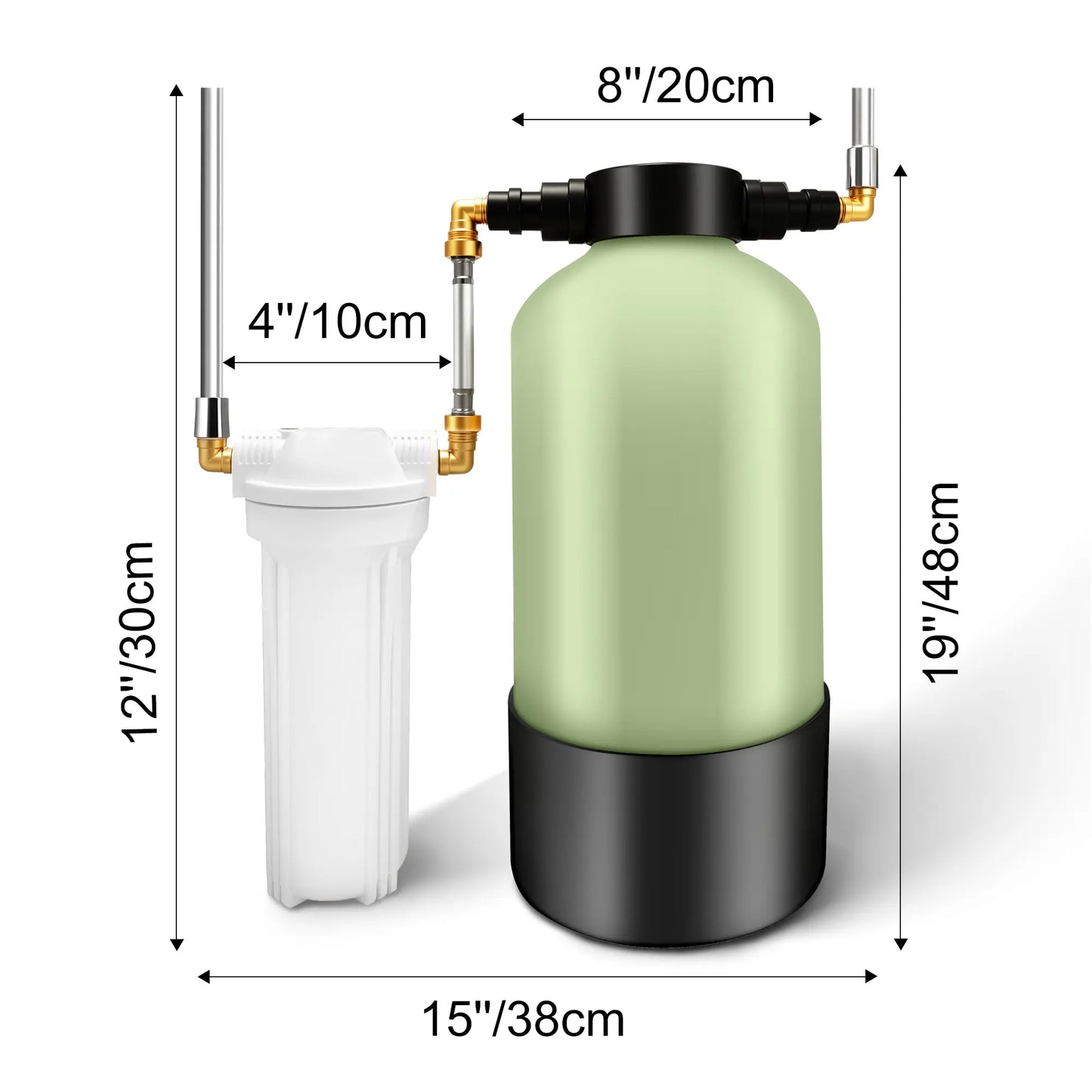There’s nothing quite like a hot shower to relax your body and wash away the stress of the day. But if you're stepping out of the bathroom only to be greeted by tight, itchy, or flaky skin, you’re not alone. Many people struggle with dry skin after showering, even when using hydrating body washes and thick moisturizers.
If you've tried switching products, lowering your water temperature, and avoiding harsh soaps—but your skin still feels parched—there may be a hidden cause you're overlooking: the water itself.

Understanding How Skin Stays Moisturized
Your skin has a natural protective barrier made up of lipids (fats), proteins, and moisture. This barrier helps keep hydration in and irritants out. When you shower, your skin comes into contact with water, soap, and whatever else is in the water supply. Ideally, a gentle cleansing should remove dirt and sweat without disrupting your skin’s moisture barrier.
But when something strips away those natural oils too aggressively—like harsh products or certain water qualities—your skin’s ability to retain moisture is compromised. The result? That familiar dry, uncomfortable feeling.
For years, soaps and body washes were blamed as the primary culprits behind post-shower dryness. Traditional soaps can be alkaline and harsh, stripping away more than just dirt. Today, many brands offer “moisturizing” and “pH-balanced” cleansers that are far gentler. Yet, for many people, the dryness persists. Then, you’ve probably heard other advice: don’t use water that’s too hot, choose a fragrance-free body wash, and always moisturize immediately after toweling off. While these are helpful tips, there are still some people feeling tight, itchy, or flaky skin no matter how careful they are or how many hydrating products they use. In this case, another possible reason needs to be considered: water itself.

The Hidden Offender
Hard water is water that contains high levels of dissolved minerals—mainly calcium and magnesium. These minerals are naturally picked up as water travels through soil and rock. While they’re not harmful to drink, they can have a huge impact on your skin health. Here's how hard water affects your skin. The minerals in hard water react with soap to create a residue called soap scum, which doesn’t rinse clean. This scum can remain on your skin, leaving a film that clogs pores and disrupts your skin barrier. It makes it harder to rinse off products. You might feel like you need to scrub harder or use more soap just to feel clean—causing more irritation. It also strips natural oils. The mineral buildup from hard water draws moisture out of the skin and makes it harder for your skin to hold onto hydration.
It exacerbates conditions like eczema or psoriasis. For people with sensitive or reactive skin, hard water can trigger flare-ups and worsen itching or redness.
What Can You Do?
The good news is that you can do something about it. Addressing hard water can dramatically improve how your skin feels after a shower.
1. Install a shower softener.
For instance, the shower softener from Soft Water Care may be a good choice. Some companies selling water filters claim that their products can soften hard water. In fact, a water filter can only remove pollutants such as chlorine instead of removing ions.
2. Use a Gentle, Low-pH Cleanser
Even with hard water, choosing a soap-free or sulfate-free cleanser can help reduce stripping. Look for products labeled as “pH balanced” or “soap-free.”
3. Lock in Moisture Immediately
Moisturize as soon as you towel off, while your skin is still damp. This helps trap in hydration—but remember, if you’re fighting mineral residue, even the best lotion can only do so much.
A Small Change, A Big Difference
People often spend hundreds of dollars on skincare products trying to solve dry, irritated skin—when the real issue may be flowing straight out of their showerhead. If you’ve tried every cream, oil, and balm with no lasting results, it’s worth asking: Is your water helping or hurting your skin? Switching to soft water may not be the most glamorous skincare secret, but for many, it is effective. Sometimes, healing dry skin isn’t about adding more—it’s about removing what’s getting in the way.
References
Verdier‐Sévrain, S., & Bonté, F. (2007). Skin hydration: A review on its molecular mechanisms. Journal of Cosmetic Dermatology, 6(2), 75–82. https://doi.org/10.1111/j.1473-2165.2007.00300.x
Warren, R., Ertel, K. D., Bartolo, R. G., Levine, M. J., Bryant, P. B., & Wong, L. F. (1996). The influence of hard water (calcium) and surfactants on irritant contact dermatitis. Contact Dermatitis, 35(6), 337–343. https://doi.org/10.1111/j.1600-0536.1996.tb02414.x

